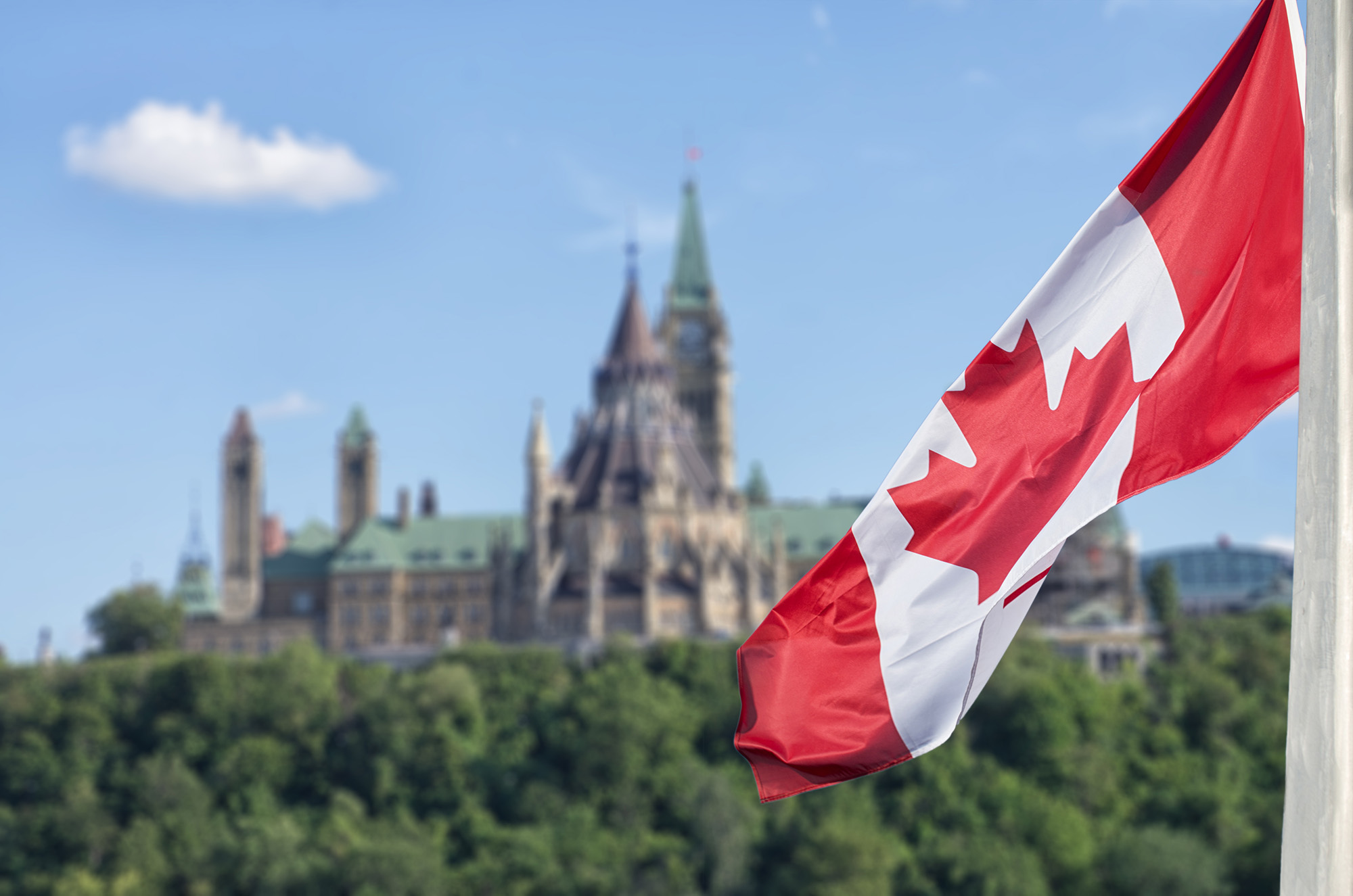November 5, 2024


Christian Von Donat—VP, Government Relations & Strategy, Impact Public Relations
It feels like it’s been on the horizon for two years now. Since Pierre Poilievre became leader of the Conservative Party in September 2022, politicians have been girding for an election, at least those on opposition benches.
The next federal election, according to existing election law, is October 20th 2025. If you’re a Conservative, another year’s wait is almost unbearable. If you’re not a Conservative, it seems like an inevitable loss is around the corner. With consistent major leads in opinion polling, Mr. Poilievre seems like our Prime Minister in waiting.
How We Got Here
The Liberals called an election in the middle of the pandemic—Fall 2021. It was a campaign like no other, but the result was more or less the same as 2019. Another Liberal minority, but the question was whether this one could run longer than the last. Canadian history hasn’t been kind to minority governments. It’s almost unheard of for one to last a full election cycle term. Prime Minister Trudeau realized that for him to have the time he wanted to enact some of his major platform commitments, a dance partner was needed in the House of Commons.
So came the deal in 2022 with the NDP and leader Jagmeet Singh for a confidence and supply agreement that, if successful, would keep the Liberals in government until October 2025’s date. In the agreement were marquee promises on issues like universal pharmacare and dental care, and a laundry list of others. The consequences of reneging on these ideals would see the NDP pull their support and likely send Canadians back to the polls early.
The Balancing Act
Liberals were confident knowing when and how hard to push their NDP partners without much consequence of breaking the agreement. Most would agree that the NDP may be able to claim some victory in playing a role to help enact these major platform commitments, but ultimately the Liberals are the ones to get it done and face little threat of an early election during a time when their poll numbers couldn’t be worse.
For Mr. Poilievre, his Conservative party and Canadians frustrated with Trudeau’s government, the agreement’s been aggravating. A clear will of voters continue to express their desire for governmental change. After almost ten years of Prime Minister Trudeau, we’re heading into a change election, whenever it may take place.
Latest Developments
Somewhat surprisingly, the NDP decided to walk away from the confidence and supply agreement this September. They’ve laid out their reasons for doing so, but a safer bet is that it’s no longer politically beneficial for the NDP to be tied to the Liberals.
Given recent events, could the election happen earlier? That’s an open question, but house money favours a wait until at least 2025. The NDP have their own organizational challenges and aren’t equipped to fight a strong campaign at the moment, which the Liberals are well aware of. While their agreement may have ended, it doesn’t mean the NDP won’t support any Bills in Parliament that would otherwise cause an election to be called. Support will now be judged on an issue-by-issue basis, making election timing more fluid than before.
Another open question is what may happen to the Liberals. Many party members and Canadian voters who don’t support Mr. Poilievre are clamouring for a Liberal leadership change or something significant enough to shake up the party. Prime Minister Trudeau has so far shut down any talk of him leaving, and indeed the window for him to do so and hold a leadership race is almost fully shut. But a major Cabinet shuffle and changes to senior staff positions could still be in the cards. It likely won’t be enough to put a dent in Conservative momentum. Conservatives have now called a no-confidence vote, but the Liberals were able to survive with a healthy majority.
Ripples in the Channel
What will all this mean for Ontario Brokers? Brokers have had a long history of working well with all government parties in Ottawa, which lends itself well to political change. Both the current Liberal government and a potential Conservative government want to tackle similar issues in their own ways, and both approaches are workable for brokers. Dealing with increasing weather events and infrastructure damage/capacity will be a recurring discussion point, as will changes to the availability of competitive insurance products for Canadians threatened by those events. Reviews of the Bank Act and other relevant financial measures will also have an impact.
It’s clear the next election will be pivotal in establishing the future direction of the country. It’ll certainly be one to watch! Federal and provincial government representatives continue to listen to Ontario’s broker channel for important perspectives on issues affecting consumers and your local influence on the community.




